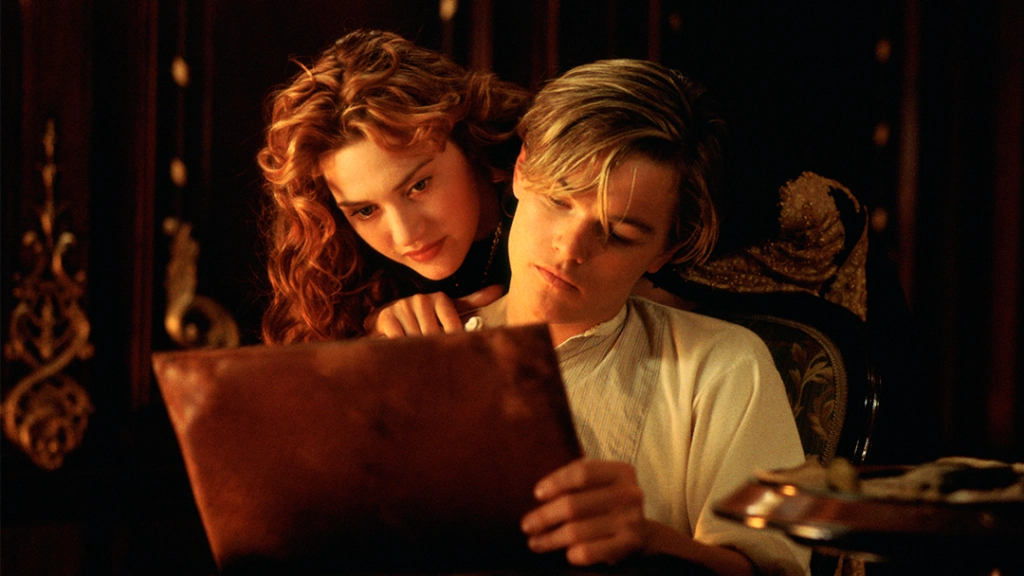Babylon is a beautiful self-indulgent disaster
Written by Ian Thomas Malone, Posted in Blog, Movie Reviews, Pop Culture
The 89th Academy Awards ceremony presented the film industry with a watershed moment that it’s only starting to fully grasp in the years since. The mistaken announcement of La La Land as the Best Picture winner over Moonlight came with plenty of understandable shock given the high-profile flub, but also plenty of understated bewilderment at the idea that a small budget film about gay people of color could triumph over an elaborate production centered on Hollywood’s favorite subject: itself. Though La La Land director Damien Chazelle took home an Oscar for Best Director for his efforts, the notion of his work falling just short of the top industry prize courses through the veins of his recent release Babylon, a film that tries way too hard to be the definitive statement on Hollywood grandeur.
Babylon follows a few different narratives that are somewhat intertwined with each other. Manny Torres (Diego Calva) works a lavish party at a studio executive’s house in 1926 Los Angeles, quickly folding an infatuation for rising star Nelle LaRoy (Margot Robbie) into his broader longing to be part of the mechanics of show business. Aging silent film star Jack Conrad (Brad Pitt) gives Manny his first break as an assistant. With the advent of sound quickly upending the entire industry, Manny, Nelle and Jack all confront their brave new world with varying degrees of competence and grace.
Few films open with such a declaration of their own epic stature quite like Babylon. Chazelle’s worldbuilding is absolutely delightful, with lived-in sets that capture the exquisite grandeur of the era. Keenly aware that a runtime of over three hours can’t be sustained on frantic party energy, Chazelle manages to synchronize his characters’ career fatigue with the own exhaustion his narrative evokes from the audience. Babylon is the kind of work that needs to be survived before it can be enjoyed.
A body fed nothing but sugar will eventually long for nutrition. Babylon resists the idea that its audience needs nourishment, but the high starts to wear off halfway through when it becomes abundantly clear that Chazelle has absolutely nothing unique to say about Hollywood. The absolutely gorgeous cinematography constantly dazzles, Chazelle putting forth an admirable effort to cover up his empty narrative that putters through its final ninety minutes following a predictable path.
Though Babylon is nominally an ensemble piece, Calva’s Manny carries most of the film’s emotional weight, a not-so-subtle surrogate for Chazelle himself. Robbie and Pitt are a lot of fun, if not at times a bit distracting given their leading roles in the eerily similar Once Upon a Time in Hollywood. Despite its meandering nature, supporting characters Sidney Palmer (Jovan Adepo), a talented jazz trumpeter, and Lady Fay Zhu (Li Jun Li), a lesbian cabaret singer, are given almost nothing to do besides expose the racism of the era. Adepo delivers the film’s most emotionally gut-wrenching sequence when forced to confront showbusiness’s tendency to appease bigotry rather than condemn it. The power of the scene is unfortunately undercut by Chazelle’s relative apathy toward Palmer as a three-dimensional character despite having ample opportunity to explore his character.
Babylon is an easy film to hate. Chazelle’s work is sloppy, arrogant, and self-indulgent bordering on masturbatory, but also irritatingly beautiful and hard to get out of one’s head. The ending deserves all the eye-rolls in the world, a clownish sequence that could only be executed by a director who lacked anyone around him capable of reigning his antics in. Nothing in this mess feels terribly original, yet somehow, inexplicably, it’s the kind of movie you walk out of longing for the next opportunity to watch it all again.
Chazelle delivers on the themes he superficially explored in La La Land, blowing his earlier work out of the water. There are still plenty of signs of an immature artist behind the wheel, especially in a series of scenes featuring Tobey Maguire. It feels so outlandish to say that there’s nothing else like Babylon out there, a narrative full of obvious cliches that borrows heavily from so many other better films, but the pieces of this messy epic clunkily come together to produce something magical. You may hate Babylon, but it’s impossible to forget Babylon. Chazelle may not have topped any of the classics he was riffing off of, but managed to produce an epic worthy of the name.
















